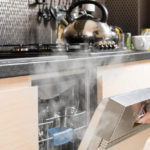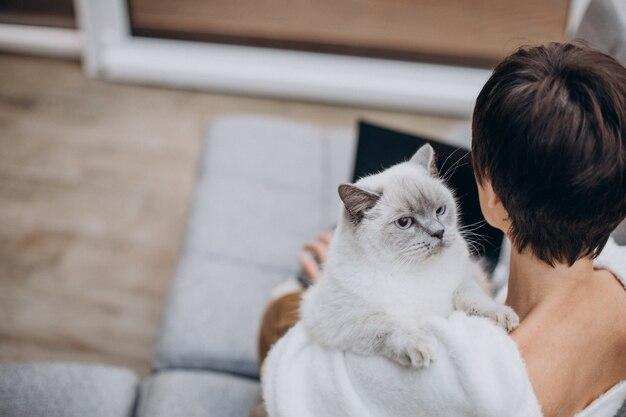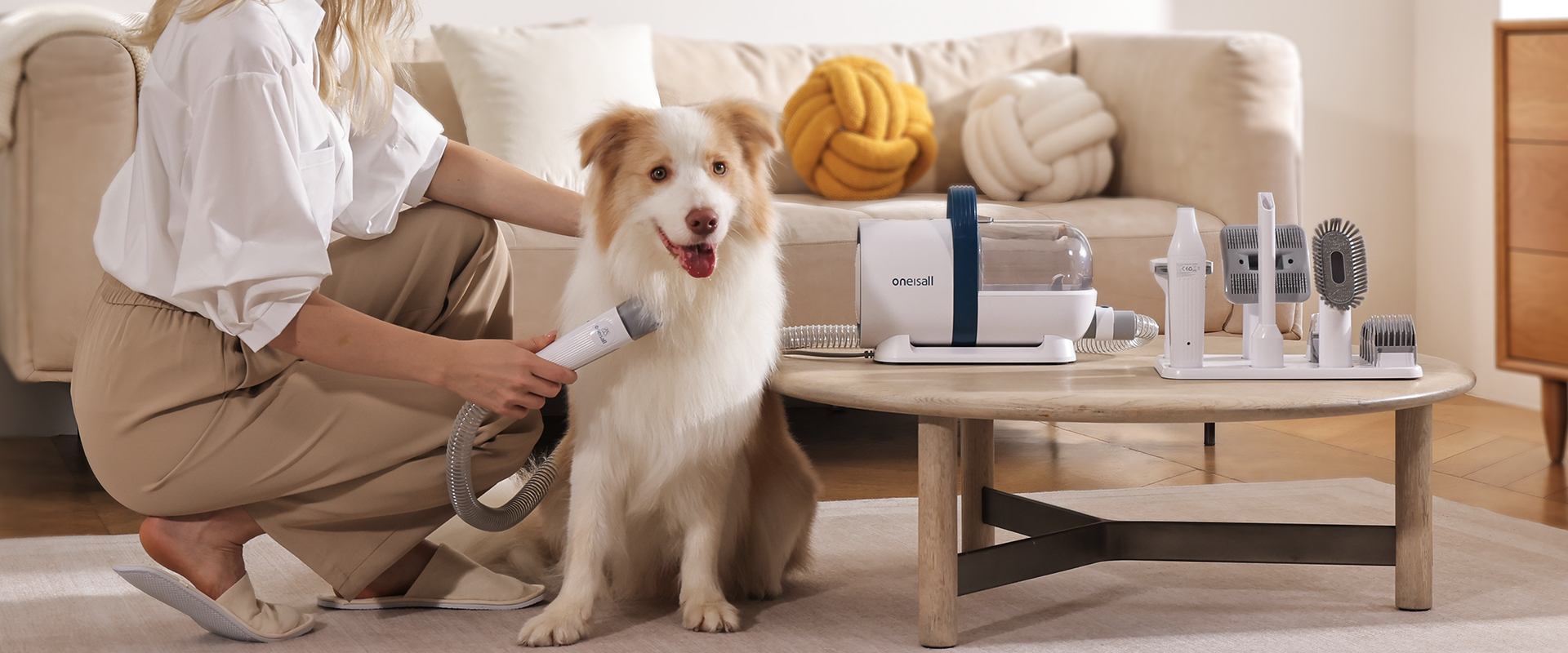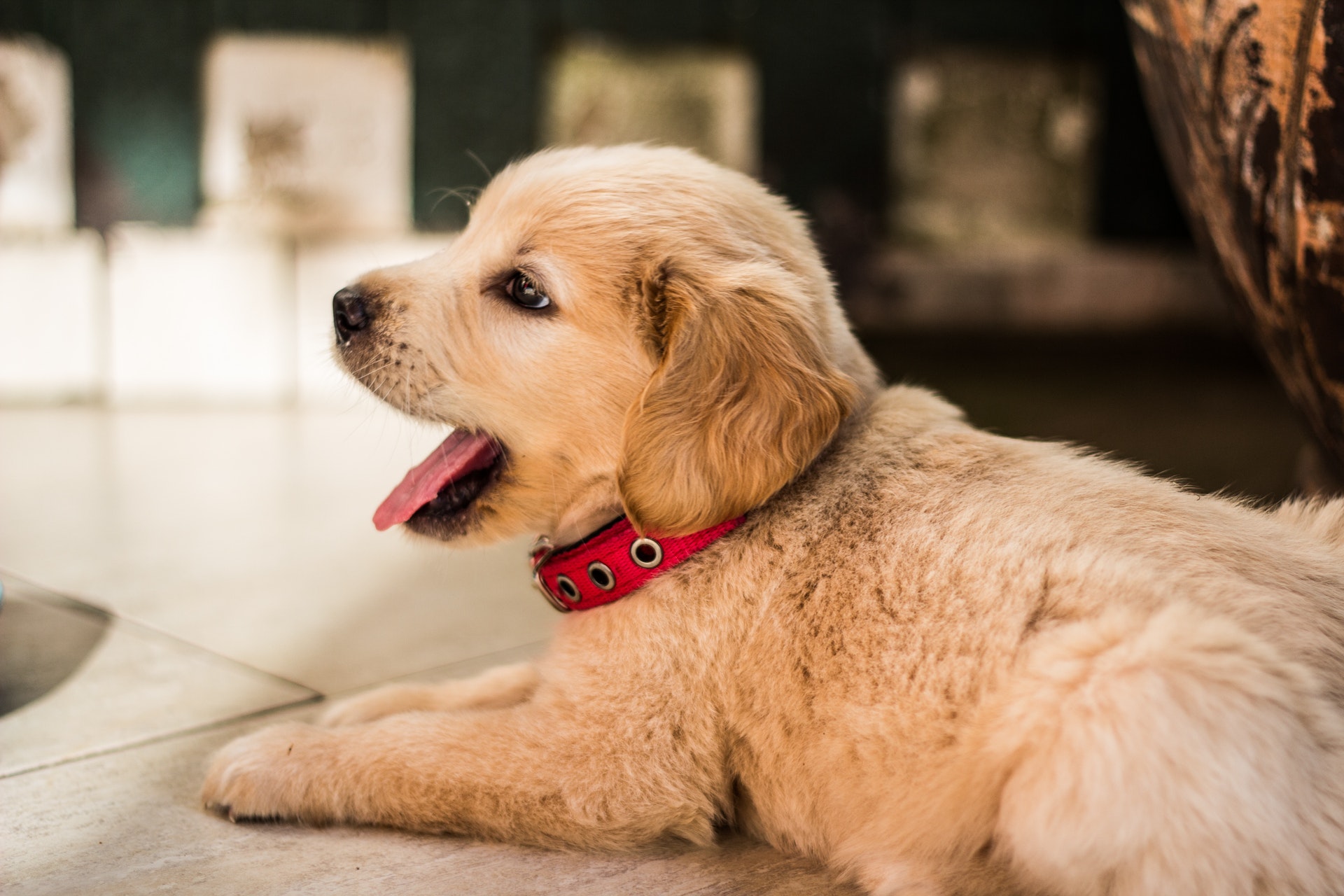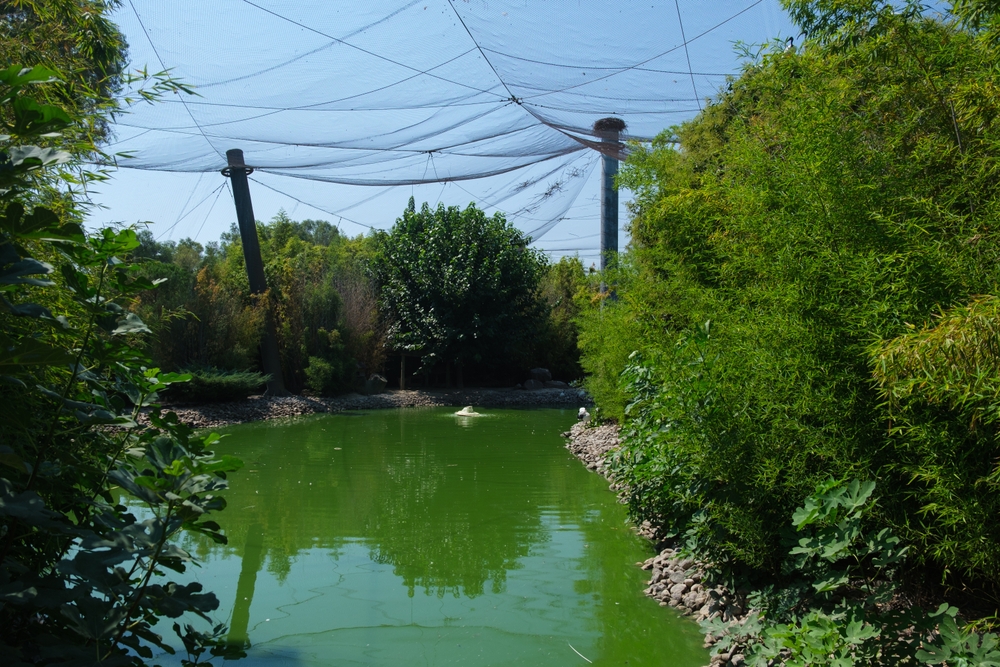Cats are notoriously curious creatures. While they may not be as gastronomically adventurous as a Labrador who eats garbage, they can still get into things they shouldn’t — ribbon, rubber bands, houseplants, and even some of your food can result in a rushed visit to the vet.
Your quick thinking can save them. Keep reading to learn what to do in an emergency and how to avoid one altogether.
How to Handle a Pet Emergency When Money’s Tight
So, you’ve just watched Mr. Whiskers swallow a rubber band, or you’ve noticed cat-shaped bites in your fern. You’ll want to take them to your vet or the emergency pet hospital if it’s after-hours.
This urgent visit to the vet can be challenging if you don’t have a lot of wiggle room in your budget. That’s why an emergency vet fund is critical for pet owners. You can set aside something like $50 each month. Every month that goes by, your fund will grow until it’s big enough to pay for a surprise vet trip.
Of course, you might only realize the importance of an emergency fund after your emergency. What then? If you don’t have savings or room on your credit card, don’t worry — a quick loan online may be an option.
Quick online loans are convenient in a time crunch. That’s because it’s done all online, available anywhere you get Internet. You can apply to try to get a loan online using your smartphone while sitting in the waiting room.
You’ll learn if you qualify for loans by phone very soon after applying thanks to simple applications that take just minutes to complete. And if approved, you can get a loan deposited directly to your bank account to cover your vet’s bill without major delays.
How to Prevent a Pet Emergency from Happening
Your quick thinking and loans over the phone can help you get Mr. Whiskers the care he needs. But wouldn’t it be better if you never had to rush your cat to the vet in an emergency? You can reduce the chances your cat gets into something he shouldn’t with the following tips.
Don’t Share Your Plate
While Mr. Whiskers might safely enjoy a little nibble of your salmon every once in a while, you shouldn’t make a habit of sharing food. The foods below are toxic to cats.
- Alcohol
- Caffeine (coffee, energy drinks)
- Chives
- Chocolate
- Citrus fruit
- Garlic
- Grapes or raisins
- Milk and other dairy products
- Onions
- Yeast
Cat-Proof Your Home
Cats love to make a game out of almost any item lying around, so don’t leave rubber bands, plastic bags yarn, hair ties, or ribbon out where they can choke or swallow them. You may also want to cat-proof electrical cords and curtain strings.
Keep These Plants out of Your Home
It’s always a good idea to check with the ASPCA before bringing home a plant to make sure it’s safe for cats. Here are some flowers and plants you should never let your cat near:
- Azaleas
- Chrysanthemum
- Daffodils
- Dieffenbachia
- English Ivy
- Lily of the Valley
- Marijuana
- Peace Lily
- Pothos
- Tulips
Avoid Toxic Household Cleaners
With your cat’s strong sense of smell, many of the cleaners you use around the house can be obnoxious—and sometimes even toxic. Common laundry detergents, drain cleaners, toilet bowl cleaners, and air fresheners can be harmful to your kitty if they contain phthalates, ammonia, or bleach. Keep these products out of reach and only use them in a well-ventilated room when your cat isn’t around. Otherwise, try using pet-friendly cleaners instead.
Bottom Line
If you suspect your cat has gotten into something they shouldn’t, take them to the vet. You can always get a quick loan online if you don’t have the savings. But keep in mind, prevention is the best and cheapest medicine! Follow these tips to avoid an emergency in the future.






